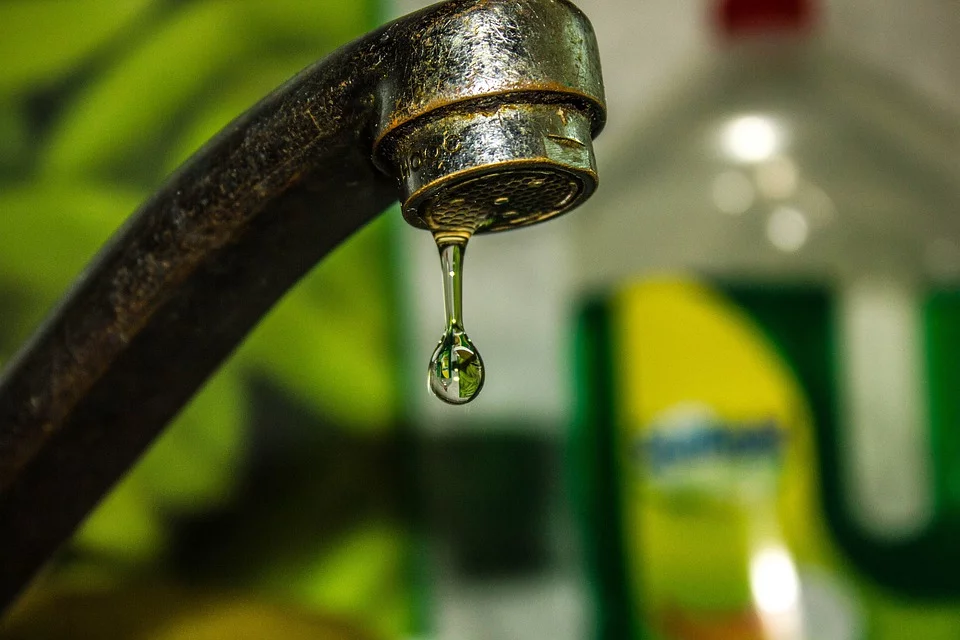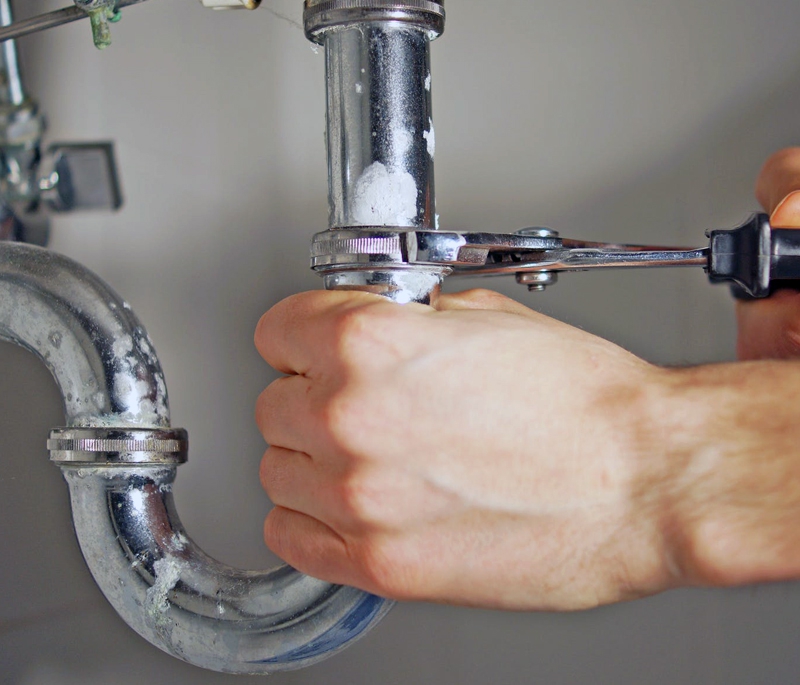Just about everyone has their personal idea in relation to How to Prevent Frozen Pipes.

All homeowners that live in warm climates must do their best to winterize their pipes. Failure to do so can mean calamity like icy, fractured, or ruptured pipes.
Turn On the Faucets
When the temperature level decreases as well as it seems as if the freezing temperature will certainly last, it will certainly assist to turn on your water both inside and also outdoors. This will maintain the water flowing with your plumbing systems. You'll finish up squandering gallons of water this means.
Open Up Closet Doors Hiding Plumbing
When it's cool outside, it would certainly be useful to open up cupboard doors that are camouflaging your pipelines. Doing this little trick can maintain your pipes warm and also limit the potentially hazardous results of freezing temperature levels.
Take Some Time to Cover Exposed Pipeline
One very easy and great hack to warm up icy pipelines is to cover them with warm towels. You can additionally utilize pre-soaked towels in warm water, just do not forget to wear safety handwear covers to protect your hands from the warm.
Try a Hair Clothes Dryer or Warmth Gun
When your pipes are practically freezing, your dependable hair clothes dryer or warmth weapon is a godsend. Bowling warm air directly right into them might aid if the hot towels do not help remove any kind of clearing up ice in your pipes. Do not use other things that generate direct flames like a strike lantern. This can cause a bigger catastrophe that you can not manage. You might wind up damaging your pipes while attempting to thaw the ice. And in the future, This Post you may even wind up shedding your residence. So beware!
When Pipes are Frozen, close Off Water
If you see that your pipelines are completely frozen or almost nearing that stage, turn off the main water valve instantly. You will typically discover this in your basement or utility room near the heating unit or the front wall closest to the street. Turn it off as soon as possible to avoid additional damages.
Don't forget to close external water sources, too, such as your hookup for the yard residence. Doing this will certainly protect against added water from filling your plumbing system. With even more water, even more ice will certainly stack up, which will ultimately lead to burst pipes. If you are unsure concerning the state of your pipelines this winter months, it is best to call a professional plumber for an evaluation. Taking this aggressive method can save you hundreds of bucks in repairs.
All house owners who live in pleasant environments should do their best to winterize their pipelines. Failure to do so can spell calamity like frozen, cracked, or ruptured pipes. If the hot towels do not assist dislodge any kind of working out ice in your pipes, bowling warm air directly right into them might help. Transform off the primary water valve promptly if you discover that your pipelines are totally frozen or nearly nearing that stage. With even more water, more ice will certainly pile up, which will at some point lead to burst pipelines.
PREVENT YOUR PIPES FROM FREEZING THIS WINTER
A Leading Cause of Property Damage
When the weather is taking a deep nose dive into the cold dreary days, the risk of your pipes freezing and potentially bursting skyrockets. Unfortunately, during these cold dreary months, burst pipes are the most common denominator for property damage. The pipes that are most at the risk are those that are in areas where it is most cold in your home. For instance, pipes located in interior places such as basements, attics, and your garage. Unfortunately, that doesn’t mean that the pipes running through your cabinets or exterior walls can’t freeze. Good news, however, is that you can do things to help prevent pipes from freezing.
How to Prevent Pipes From Freezing
Once the temperature starts to drop during the winter, you should be taking the proper measures needed to ensure that your pipes stay warm and that there is circulation of water through them. Some steps that experts may recommend could go against your better judgement when it comes to saving water and heat. However, it would go without saying that when expenses are compared, damaged pipes could put a bigger dent in your wallet than a water bill.
What Can I Do?
Keep your garage door closed. This is very important, especially if you have water supply lines running through your garage. Open your kitchen and bathroom cabinets to allow warm air to circulate through them. Allow air circulation throughout your home. Keeping the interior doors open will once again allow the warm air to circulate inside your home. Ensure your thermostat is running the same temperature throughout the night and day. If you plan to be away from home during the cold months, set your temperature no lower than 55° F. This should provide enough heat to keep the pipes warm and prevent any remaining water inside the pipes from freezing. For more of a long-term solution, add insulation to attics, basement, and other crawl spaces around your home. By allowing your faucet to drip, it will alleviate pressure in the system. This is important because the pressure that is created between the blockage and the faucet can potentially cause the pipes to burst. Allowing the faucet to drip will prevent the pressure from building up, therefore keeping the pipes from bursting. Seal any cracks, openings, and crawl spaces around your home to prevent cold air from coming inside. This keeps your pipes-not to mention your home-warmer and less susceptible to issues caused by freezing temperatures. For the pipes in your home that are easily accessible, applying electrical tape to them might prevent them from freezing over. This is a quick fix, as you can apply the tape directly to the pipe. There are two options for heating tapes. One turns on and off by itself when it senses heat is needed. The other type of heating tape needs to be applied when heat is needed and removed when not necessary. If you have exposed pipes in your home, you can check this website to take a look at a few options that would be available at a shop near you.

Do you appreciate reading up on Prevent Freezing and Bursting Pipes? Write a comment down below. We will be interested to see your opinion about this blog posting. We are looking forward that you come back again soon. If you appreciated our article kindly do not forget to pass it around. We thank you for reading our article about How to Prevent Frozen Pipes.